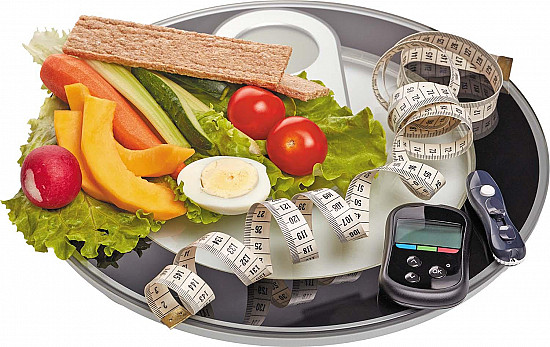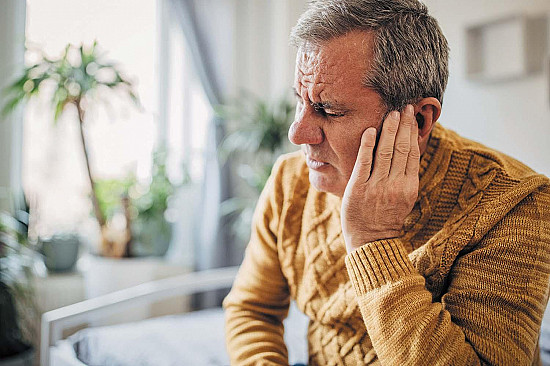Strange bedfellows: Polymyalgia rheumatica and temporal arteritis
After age 50, you can expect a little joint stiffness or muscle soreness the morning after a challenging workout or some heavy yard work. Usually, a hot shower, massage, or good night's rest will put things right. But for women with polymyalgia rheumatica (PMR), those common remedies aren't enough. PMR isn't a life-threatening condition, but it can severely limit your daily activities and take a heavy toll on your sleep and well-being. PMR can come on gradually over days or weeks or may appear suddenly. You may feel fine one day and terrible the next.
To continue reading this article, you must log in.
Subscribe to Harvard Health Online Plus (HHO+) to unlock expert-backed health insights, personalized tools, and exclusive resources to feel your best every day.
Here’s what you get with your HHO+ membership:
- Unlimited access to all Harvard Health Online content
- 4 expertly curated newsletters delivered monthly
- Customized website experience aligned to your health goals
- In-depth health guides on topics like sleep, exercise, and more
- Interactive features like videos and quizzes
- Members-only access to exclusive articles and resources
I’d like to subscribe to HHO+ for $4.99/month to access expert-backed content to help make smart, informed decisions about my well-being.
Sign Me UpAlready a member? Login ».
Disclaimer:
As a service to our readers, Harvard Health Publishing provides access to our library of archived content. Please note the date of last review or update on all articles.
No content on this site, regardless of date, should ever be used as a substitute for direct medical advice from your doctor or other qualified clinician.















